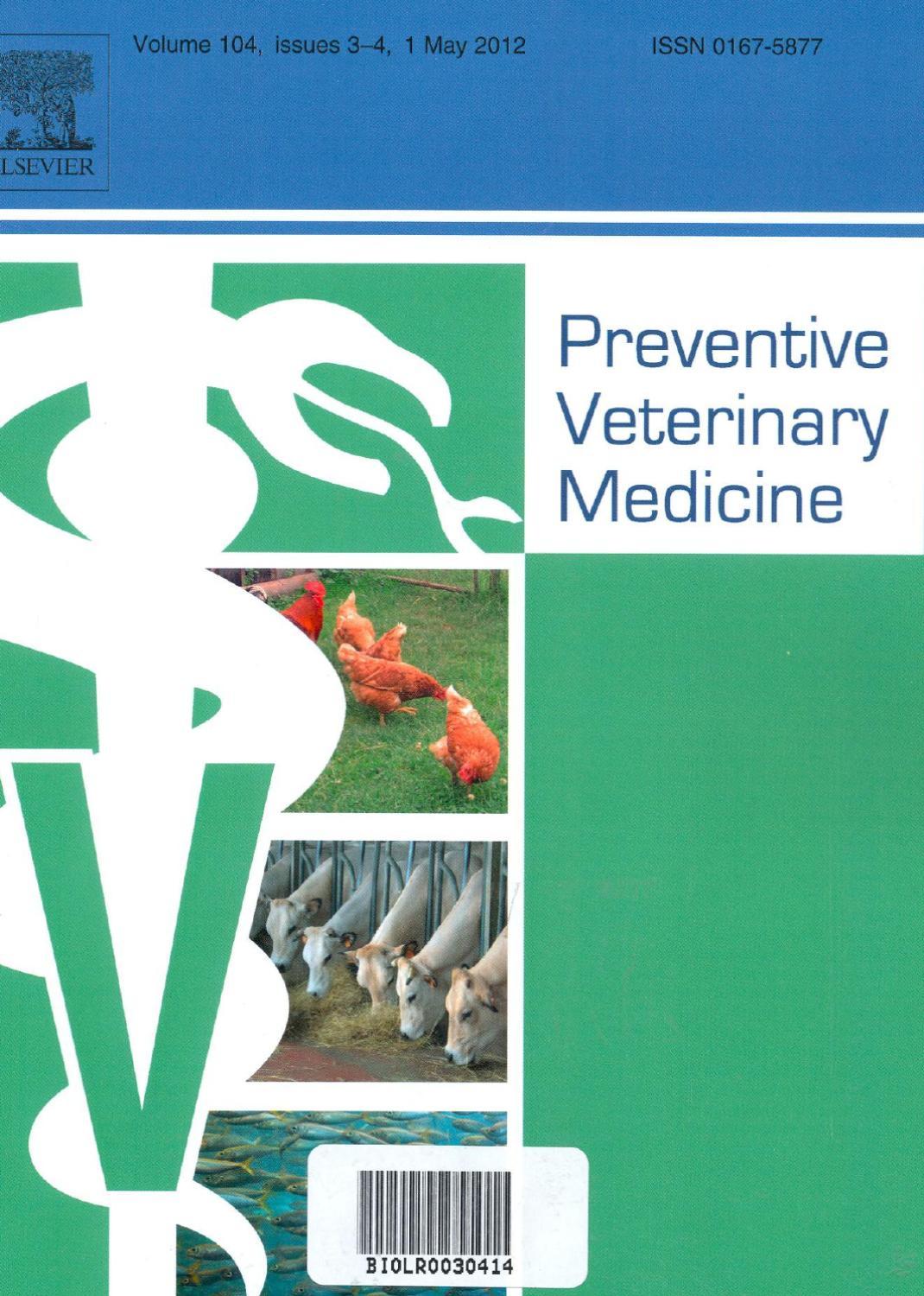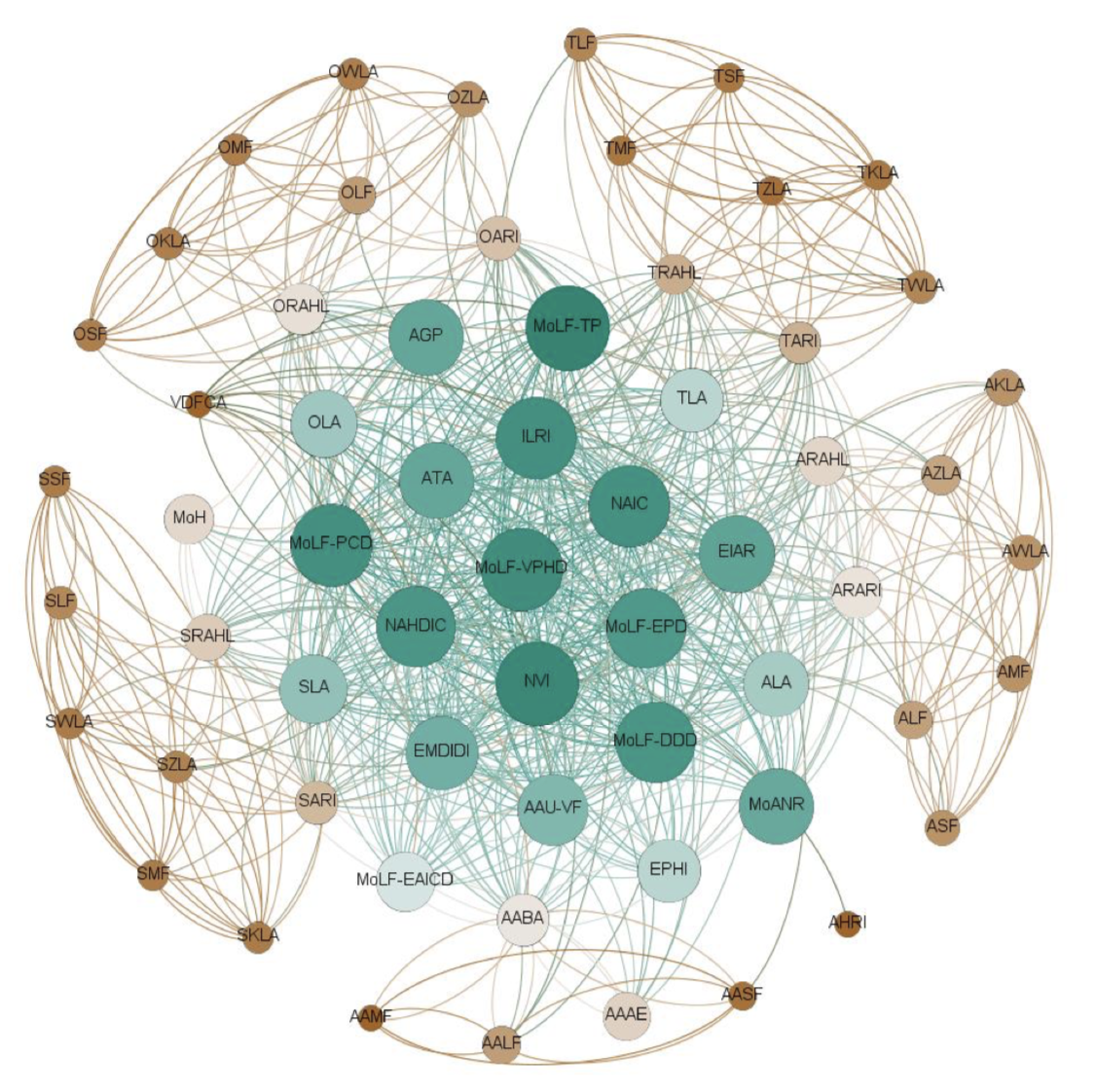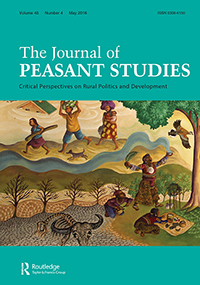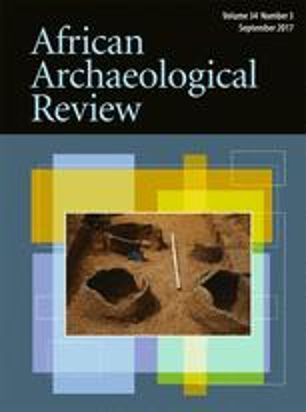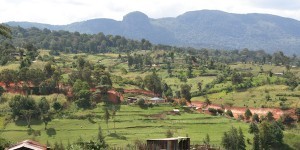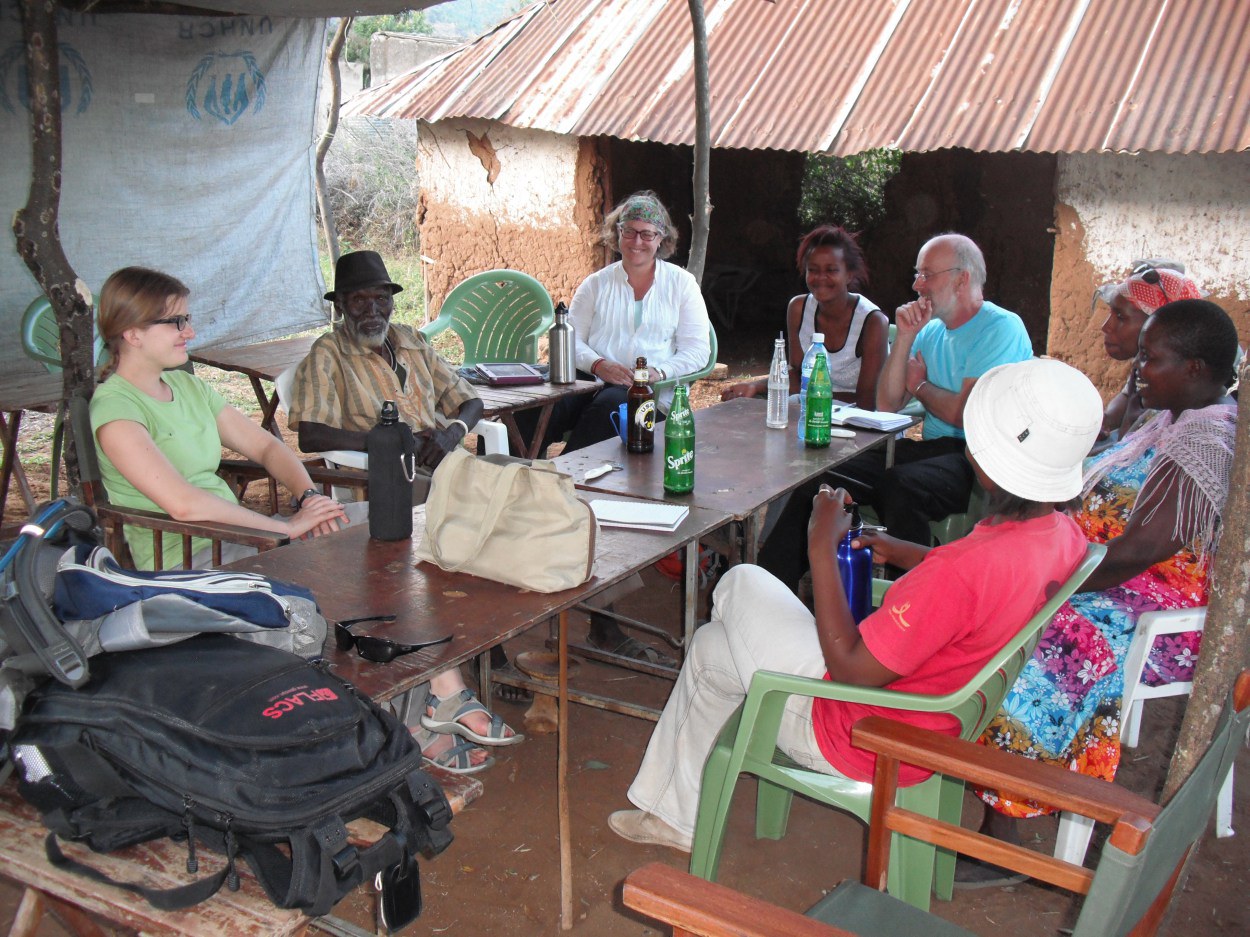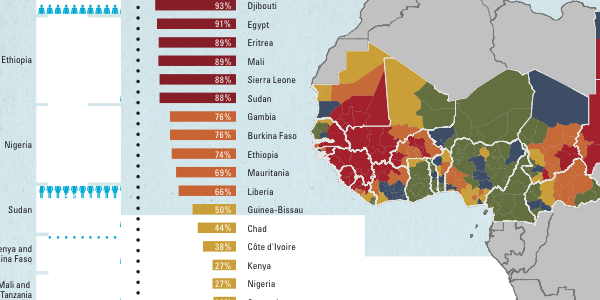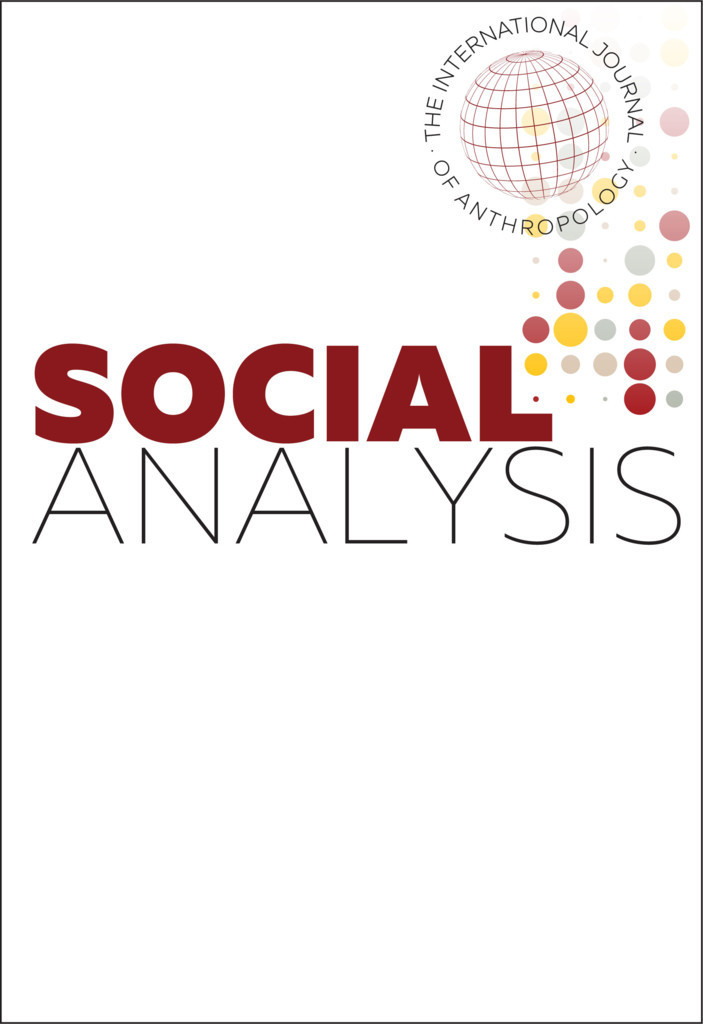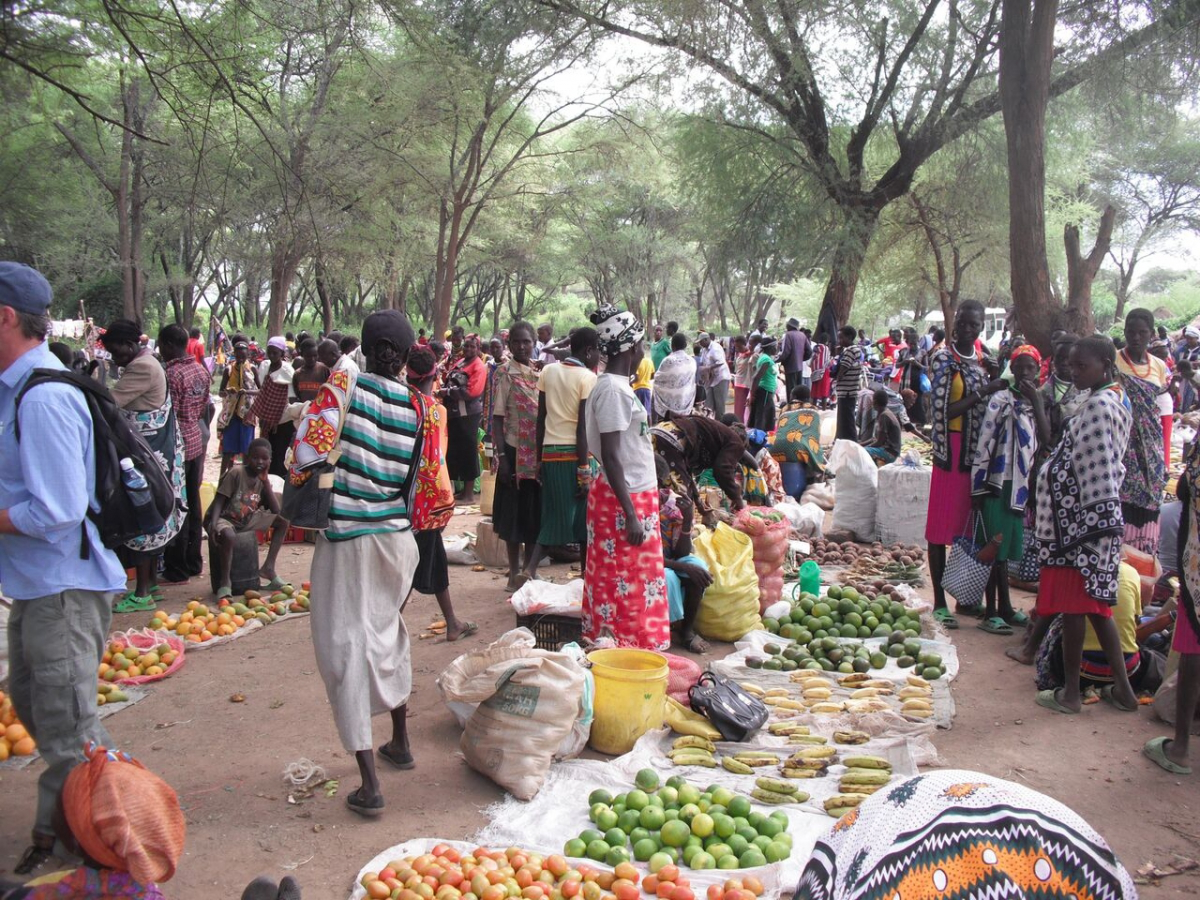
Research: Africa
Professor Moore has been working in Africa for over 30 years and retains an ongoing interest in the transfer of knowledge through citizen science and grassroots movements. From her initial PhD research in Elgeyo-Marakwet, to tackling bovine TB in Ethiopia, to the launch of PROCOL Kenya – Professor Moore is committed to working for a prosperous future for Africa.
